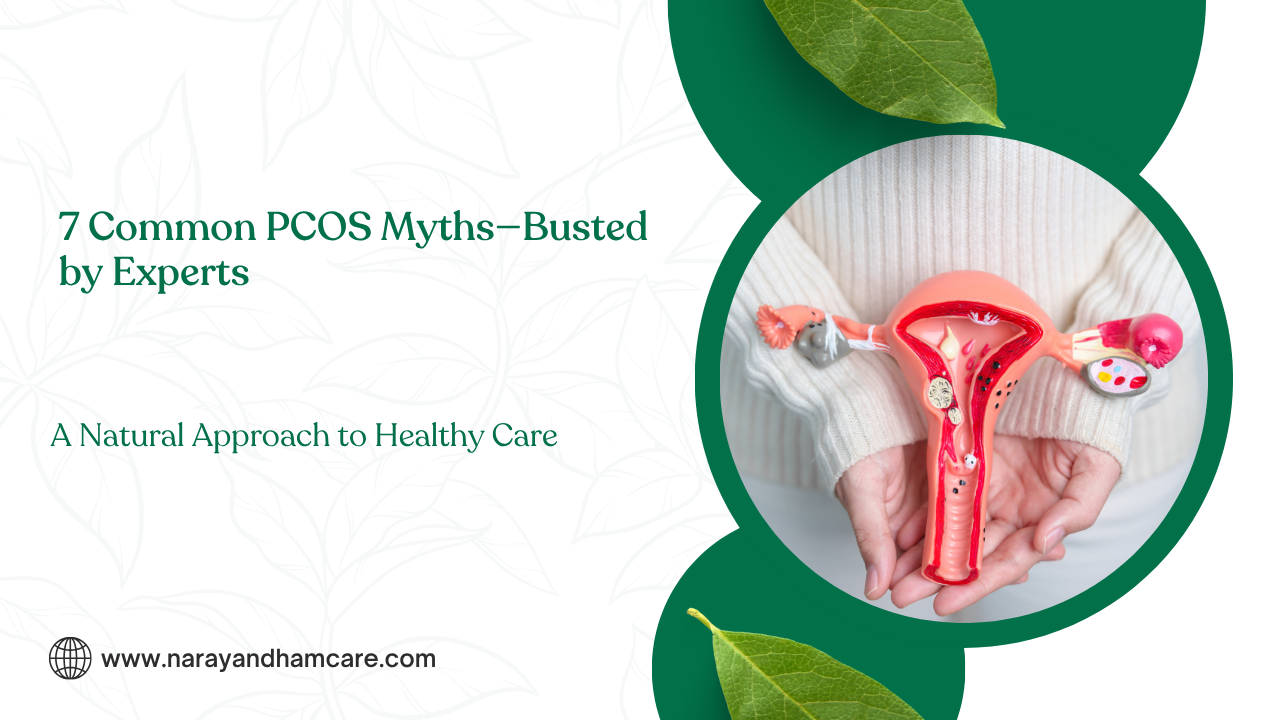Fertility struggles can be an emotionally taxing and deeply personal journey for couples. If your partner is experiencing fertility challenges, your support can make a significant difference in how they navigate this difficult period. Here are some meaningful ways to be there for your partner through the ups and downs of fertility struggles.
- Communicate with Compassion
Open and honest communication is crucial during this time. Your partner may experience a range of emotions, from frustration and sadness to anxiety and hope. Create a safe space for them to express their feelings without fear of judgment. Instead of trying to fix the problem, practice active listening. Phrases like “I’m here for you” and “I understand this is hard” can provide reassurance.
- Educate Yourself
Understanding the medical and emotional aspects of fertility challenges can help you better support your partner. Research the different fertility treatments, procedures, and potential outcomes. Accompany them to doctor’s appointments, take notes, and ask relevant questions. Your willingness to learn shows that you are invested in the journey and that they are not alone.
- Be Emotionally Available
Your partner may experience intense emotions at different times, and it’s essential to be emotionally available. They might need space to process their feelings or seek comfort through physical closeness, such as holding hands or hugging. Let them take the lead on how they want to be supported emotionally.
- Help Manage Stress Together
Fertility struggles can be incredibly stressful, so finding ways to relax and unwind together is important. Engage in activities that bring joy and comfort, such as taking a walk, meditating, cooking a favorite meal, or watching a movie. Encourage self-care and remind them that their well-being matters.
- Acknowledge and Validate Their Feelings
Infertility can trigger feelings of guilt, inadequacy, and even resentment. Your partner might feel like they are letting you down or struggling with self-worth. Reassure them that their value is not defined by fertility challenges. Remind them that you are a team and that you are in this together.
- Be Mindful of Social Situations
Pregnancy announcements, baby showers, and family gatherings can be particularly painful during this time. Understand if your partner needs to set boundaries or take breaks from certain social interactions. Offer support by stepping in when conversations become overwhelming and advocating for their emotional well-being.
- Encourage Professional Support
Sometimes, seeking help from a therapist or support group can provide valuable coping strategies. Encourage your partner to talk to a fertility counselor or join a support network. If needed, consider attending sessions together to strengthen your bond and work through emotions as a couple.
- Celebrate Small Wins
Fertility treatments can be a long journey with many steps along the way. Celebrate small victories, whether it’s completing a medical test, starting a new treatment, or simply making it through a tough day. Finding joy in little moments can help maintain hope and resilience.
- Take Care of Yourself Too
Supporting your partner doesn’t mean neglecting your own emotional needs. This journey can be challenging for both of you, so ensure you also have a support system. Seek guidance from a trusted friend, therapist, or a support group to process your feelings while being there for your partner.
- Keep the Relationship Strong
Infertility struggles can take a toll on relationships, so prioritize your connection. Make time for date nights, express love and appreciation, and engage in activities that remind you why you chose each other. Keep the foundation of your relationship strong, regardless of the outcome of the fertility journey.

Final Thoughts
Fertility challenges can be overwhelming, but with patience, understanding, and unwavering support, you can help your partner navigate this difficult journey. Remember, you are a team, and facing this together can strengthen your bond and resilience as a couple. By providing emotional support, staying informed, and encouraging self-care, you can help your partner feel less alone and more empowered through this process.





